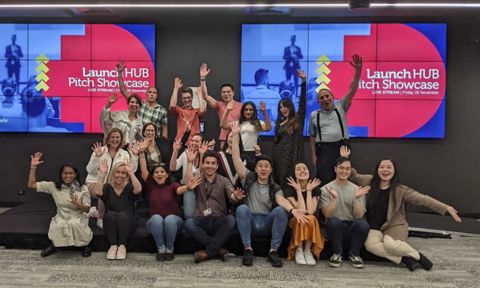Self-evaluate, and don’t underestimate yourself
Self-evaluation isn’t just a tool used to evaluate your technical skills. Employers now put a greater emphasis on soft skills, looking for professionals with great critical thinking and problem-solving skills, along with the ability to communicate and deal effectively with teammates and clients. Don’t underestimate your ability to communicate with a range of stakeholders – it’s a critical skill!
If it’s your first year on the job, don’t panic. Self-evaluation can involve looking back: did you ace the training at the start of your role? What about that project you collaborated on, or those series of tasks that you completed with no supervision?
For people with more experience, it’s not enough to just list the work you did. You must know and highlight your worth. Identify how you added value to the business through the projects you were a part of. List instances where you rose to trounce a challenge; showcase how you boosted the team you are a part of; explain how you are worth it.
Your education matters as well. A practical, industry-led degree from RMIT University can arm you with the skills and experience your industry needs most, so don’t forget to take that into account.



